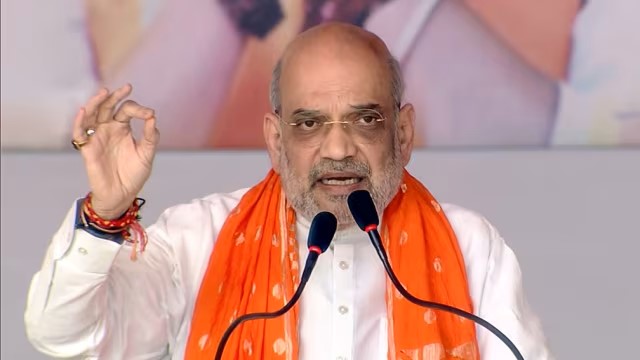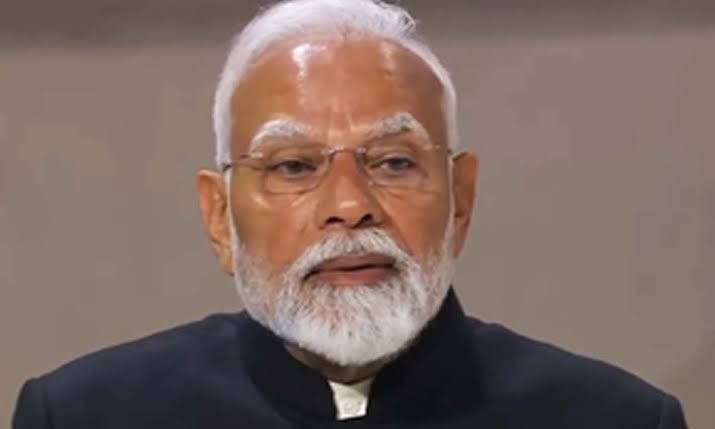At the inaugural ceremony of the India Maritime Heritage Conclave (IMHC) 2024 in New Delhi, Vice President of India, Shri Jagdeep Dhankhar, expressed his distinct privilege in being part of this momentous event, emphasizing the significance of celebrating India’s illustrious maritime legacy while looking towards the future of global maritime affairs. The event brought together a diverse group of historians, archaeologists, policymakers, and industry leaders, marking the first such initiative in this domain.
 Shri Dhankhar highlighted the importance of maritime heritage in India’s civilization, noting that it is deeply intertwined with India’s history of trade, cultural exchange, and mythological significance. He cited the early maritime prominence of the Indus Valley Civilization, supported by archaeological findings in Bahrain and Oman, and praised India’s contribution to maritime advancements throughout history, including the influence of the Mauryan Empire on Southeast Asia.
Shri Dhankhar highlighted the importance of maritime heritage in India’s civilization, noting that it is deeply intertwined with India’s history of trade, cultural exchange, and mythological significance. He cited the early maritime prominence of the Indus Valley Civilization, supported by archaeological findings in Bahrain and Oman, and praised India’s contribution to maritime advancements throughout history, including the influence of the Mauryan Empire on Southeast Asia.
The Vice President also acknowledged the role of the Southern Dynasties, including the Chola, Chera, and Pandya empires, in revolutionizing maritime commerce. He pointed to the legacy of Chhatrapati Shivaji Maharaj and the Indian Navy’s motto, “Sham-no Varuna,” which reflects the nation’s reverence for maritime forces.
Referring to the National Maritime Heritage Complex in Lothal, Shri Dhankhar lauded the government’s commitment to preserving India’s maritime history while inspiring future generations. He emphasized India’s modern maritime achievements, noting the country’s extensive coastline, major and non-major ports, and its pivotal role in global trade, with maritime traffic accounting for 95% of India’s trade volume.
India’s blue economy strategy, focusing on sustainable ocean resource utilization, was another key point in the Vice President’s address. Shri Dhankhar emphasized India’s strategic role in the Indian Ocean and its initiatives like the Sagar Mala programme, which integrates ports with industrial clusters, boosting logistics and coastal development. He also highlighted the Coastal Shipping Bill 2024, which aims to streamline trade connectivity.
The Vice President shared his confidence in India’s position as an emerging maritime powerhouse and acknowledged the country’s efforts to foster international partnerships through maritime diplomacy, particularly through initiatives like SAGAR (Security and Growth for All in the Region). India’s commitment to a rule-based maritime order, he noted, is vital for regional stability.
Shri Dhankhar also underscored the remarkable strides India has made in the past decade, shedding colonial legacies and adopting forward-looking laws, including in maritime and disruptive technologies. He expressed optimism that India’s rise as a global maritime leader would contribute to global peace and stability.
The Vice President concluded his address by expressing gratitude to all those involved in organizing the India Maritime Heritage Conclave, commending the Ministry of Ports, Shipping and Waterways, the Government of Gujarat, and the many distinguished contributors to the event. He encouraged all attendees to chart a course towards a prosperous and sustainable maritime future, one that honors India’s maritime past while embracing the opportunities of tomorrow.
In closing, he acknowledged the role of India’s youth and citizens in driving the country’s progress, expressing confidence that India is well on its way to becoming the world’s third-largest economy and a global model for inclusivity, growth, and sustainability.




